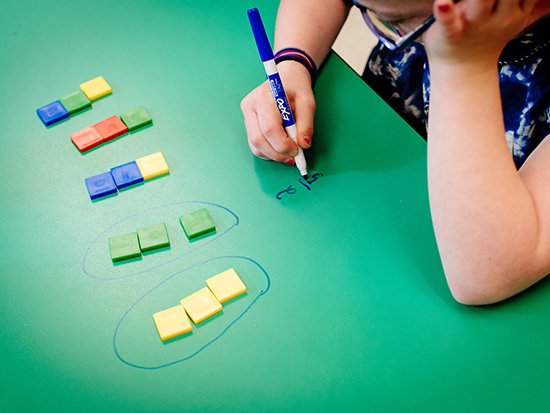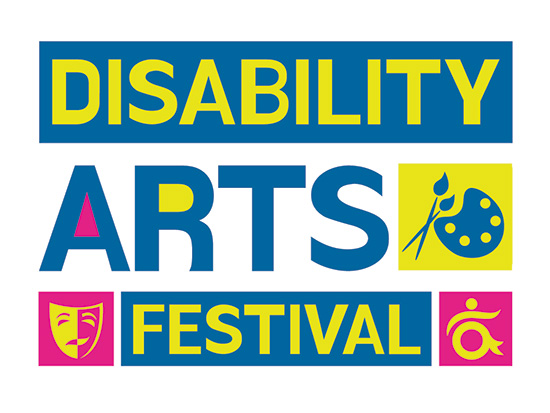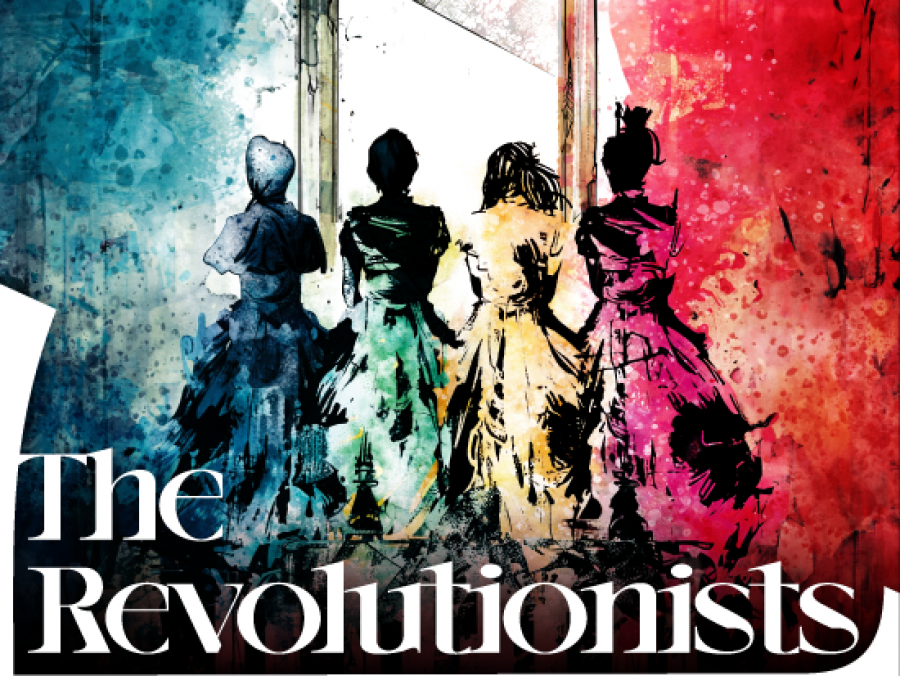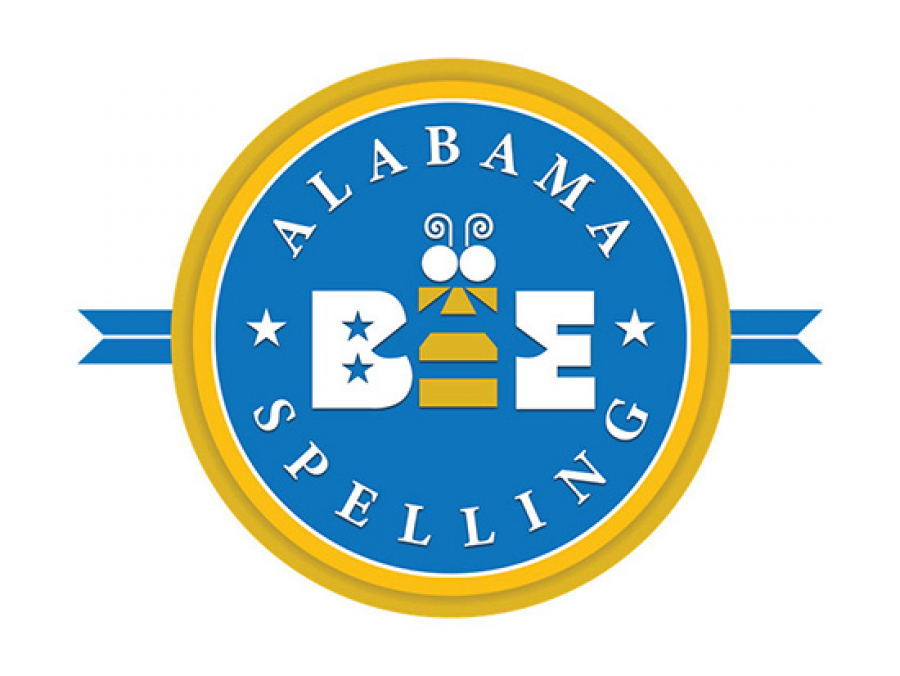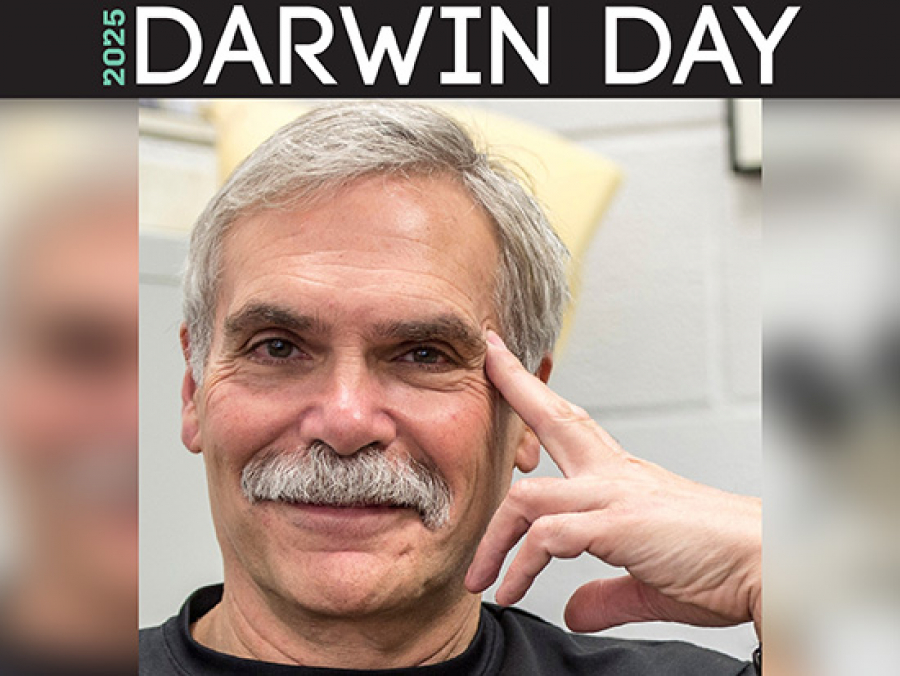The University of Alabama at Birmingham’s Office of Service Learning and Undergraduate Research offers one-year fellowship programs to faculty that aim to “develop exemplary curricular approaches to education.” The programs include Faculty Fellows in Service Learning and Faculty Fellows in Undergraduate Research.
For Shahid Mukhtar, Ph.D., professor in the Department of Biology, the Faculty Fellows in Undergraduate Research program perfectly aligned with his curricular interests, so he applied for and participated in the inaugural cohort in 2017-2018.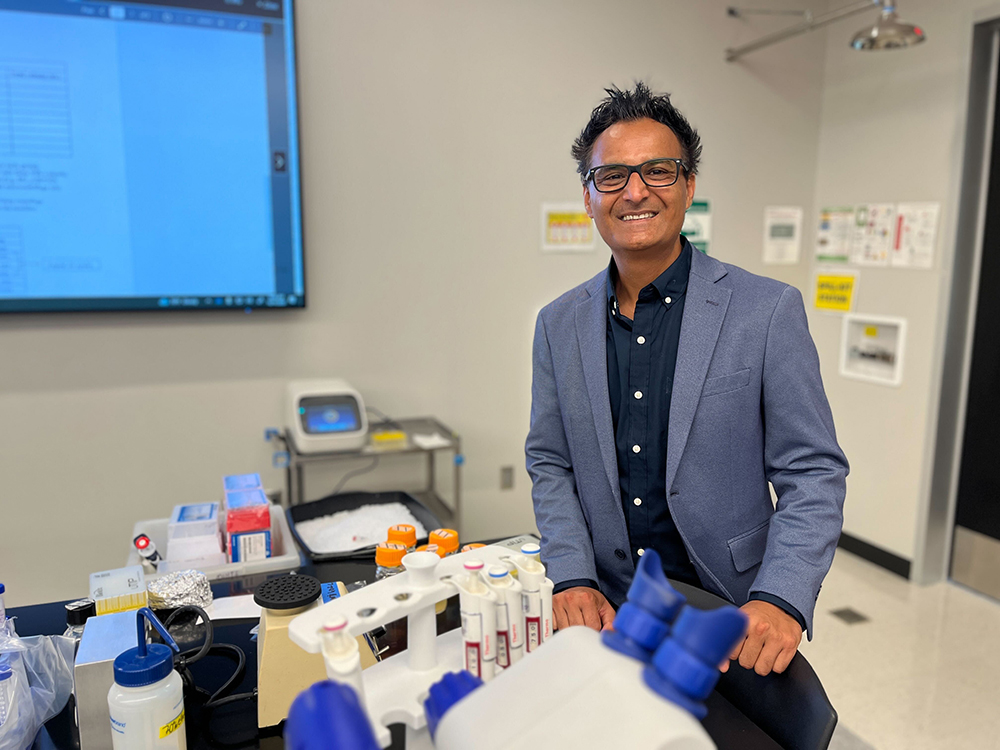 Dr. Shahid Mukhtar in the new genetics teaching lab.
Dr. Shahid Mukhtar in the new genetics teaching lab.
“Undergraduate education is my passion, and my goal is to prepare the next generation of scientists and educators,” said Mukhtar.
According to Mukhtar, the Faculty Fellows experience played a pivotal role in shaping his Course-Based Undergraduate Research Experience (CURE) course in genetics. During the fellowship, Mukhtar worked alongside his cohort of fellows to reimagine the design of the course and identify ways to further emphasize active learning. The experience also helped him find opportunities to incorporate real-world issues and challenges into the research conducted by his students.
Unfortunately, COVID-19 prompted a brief pause in Mukhtar’s plan. That said, he was able to launch the first pilot CURE in 2022. Through the course, 16 students researched plant microbiomes. It was a great experience, and, now, with the new Science and Engineering Complex Phase I complete, Mukhtar is looking to utilize the additional lab space to expand the program and reach more students.
“With more dedicated lab spaces, we can accommodate a larger number of students concurrently, allowing for the expansion of existing CURE offerings and the introduction of new ones,” said Mukhtar.
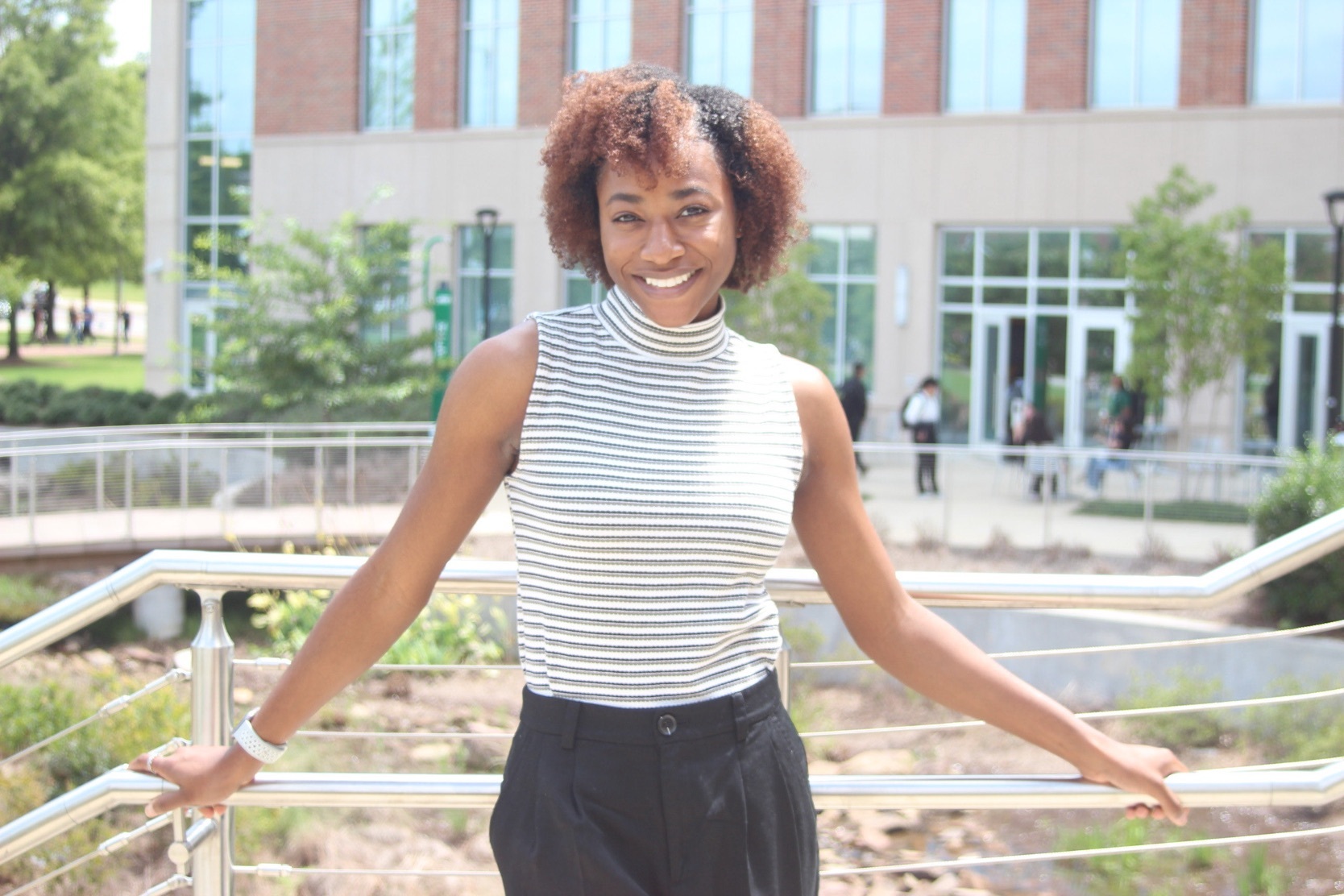 Kennedi BrownAnd the expansion is significant. What began as one course impacting 16 students, has now expanded to three courses reaching 142 students.
Kennedi BrownAnd the expansion is significant. What began as one course impacting 16 students, has now expanded to three courses reaching 142 students.
The three courses (BY210) focus on different research topics. In the first (CURE 1), students use duckweed—a high-protein plant that can be found in ponds and other bodies of water—to understand gene function. In the second course (CURE 2), students use a single-cell Chlamydomonas model system to decipher the function of new genes. And, lastly, in the third CURE (CURE 3), students seek to find novel bacteria from Superfund sites.
According to Mukhtar, most of the students in these courses have not worked in a lab before. Given the newness of the experience, several of Mukhtar’s students are immediately recognizing the long-term value of CUREs and are looking forward to doing more research throughout their undergraduate careers and on into the future.
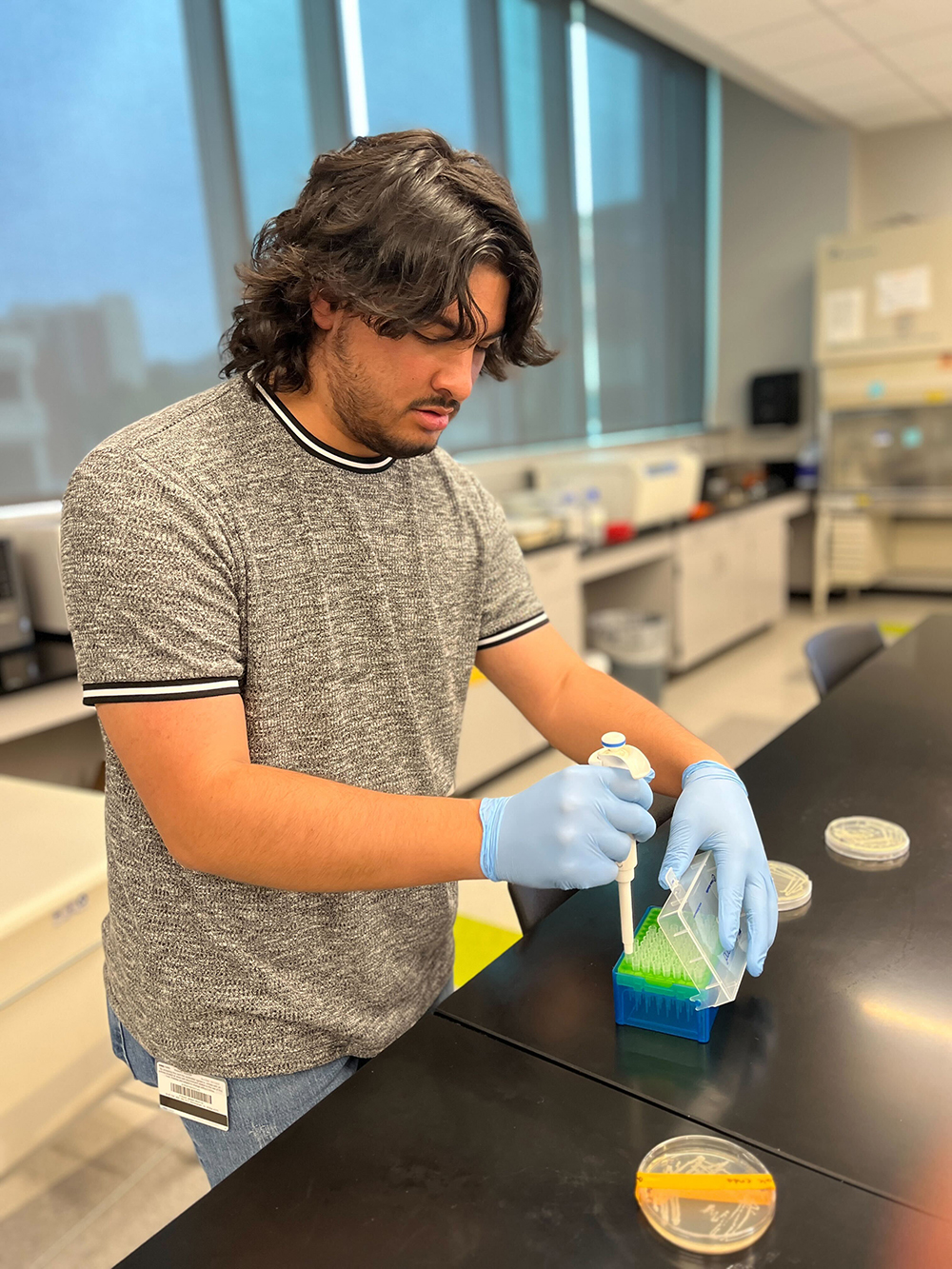 Alex Elizondo"This has been one of my most rewarding experiences at UAB, because I am captivated by research,” said Kennedi Brown, a junior majoring in biology who is currently enrolled in CURE 1. “This class allows me an array of great opportunities that most college students could only dream of. While undergoing my undergraduate studies, I have also had the opportunity to participate in a lab with lecture as part of the curriculum.
Alex Elizondo"This has been one of my most rewarding experiences at UAB, because I am captivated by research,” said Kennedi Brown, a junior majoring in biology who is currently enrolled in CURE 1. “This class allows me an array of great opportunities that most college students could only dream of. While undergoing my undergraduate studies, I have also had the opportunity to participate in a lab with lecture as part of the curriculum.
While preparing to present my research at the UAB Expo in November, I believe this class has empowered me to navigate feedback and questions from professors, fellow students, and other interested journalists. In itself, this course has been hands-on and has helped me grasp scientific concepts more than any other lab in which I have been enrolled,” said Brown.
“I have been given the opportunity to participate in CURE 3 as a part of my education in genetics and genomic sciences. Since I plan on pursuing medicine and am very intrigued by the role that genetics and genomics play in this field, I was extremely excited when I heard about being involved in CURE,” said Alex Elizondo, a freshman studying genetics and genomic sciences.
“Even though we are still at the beginning of the semester, this laboratory experience is already providing me with a well-rounded foundation in biological and genetic laboratory techniques. I am excited to see all the developments in the lab throughout the semester, have first-hand experiences with genetics research as an undergraduate student, and hopefully present the research at the UAB Expo once our project is complete!”
To learn more about the Faculty Fellows programs, visit the Office of Service Learning and Undergraduate Research’s website. If you’d like to further explore CURE courses, be sure to visit the UAB Course Catalog.






